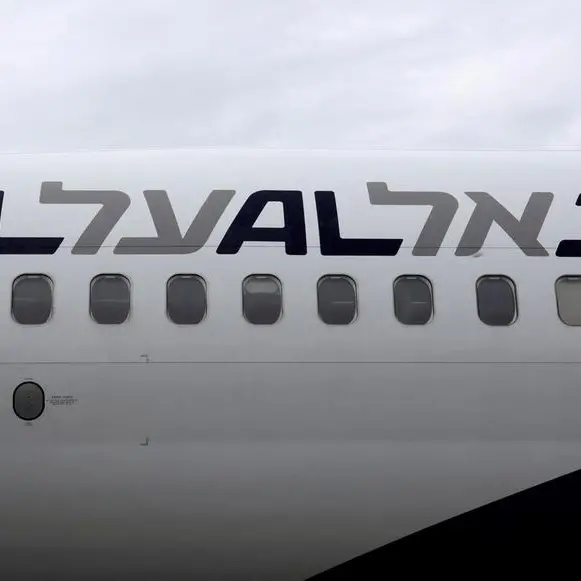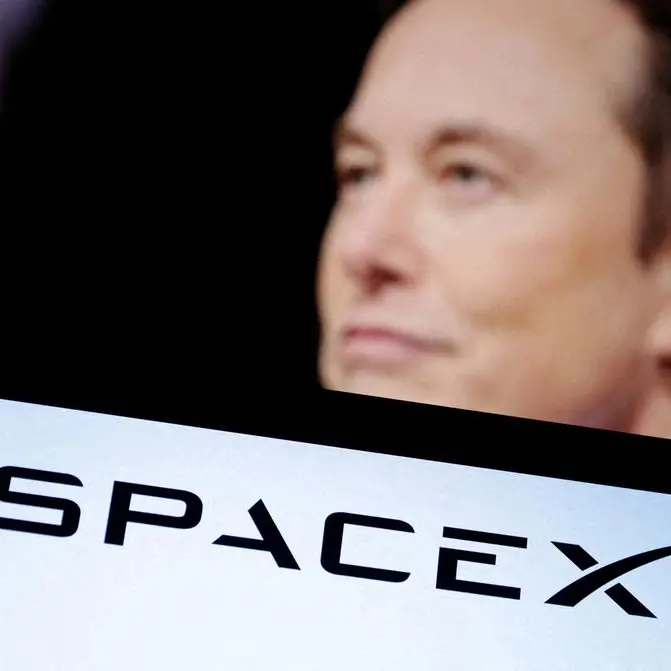DUBAI- Saudi Arabia's inflation rose to 5.7% in January from 5.3% the month before, continuing a rise fuelled by a tripling of value-added tax last year, government data showed.
The increase was mainly driven by higher food and transport prices, which increased by 12.6% and 9.6% respectively, the General Authority for Statistics said.
Annual inflation was 3.4% in 2020, but picked up in the second half of the year after the July VAT hike to 15%. The rise followed mild inflation in the first half and a deflationary trend in 2019, when the annual rate was -2.1%.
The economy of the world's largest oil exporter contracted last year, but data suggest the rate of decline slowed in the third quarter as some COVID-19 restrictions were lifted, and GDP is expected to return to growth this year.
"Higher global oil and food prices, combined with the lingering effects of July's VAT hike, will keep inflation elevated until the middle of this year," James Swanston of Capital Economics said in a note.
Despite the rise in food prices being softer than in December, it was more than offset by stronger inflation pressures in other major categories, especially transport, he said.
"The increase in non-food prices was almost entirely due to transport inflation, which rose to a two-year high. This came on the back of the decision by state-owned oil company, Aramco, to hike local fuel prices as global oil prices rose further. In addition, housing and utilities as well as communications inflation rose – the latter hit its highest level since the series began in 2013," Swanston said.
He expects inflation to peak around 6.5% some time in the first half of 2021, but said the headline rate will drop from July after the effects of the VAT hike drop out of the annual price comparison.
(Reporting by Yousef Saba, editing by Larry King) ((Yousef.Saba@thomsonreuters.com; +971562166204))




















